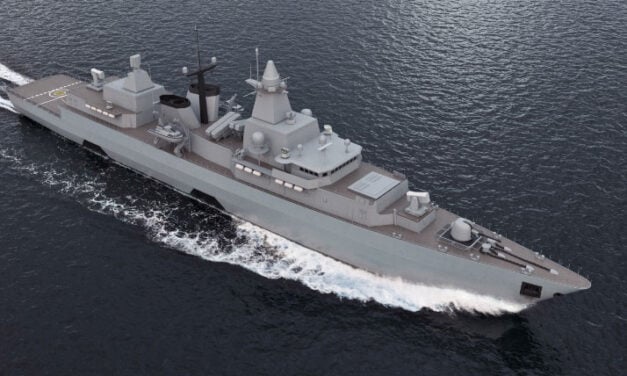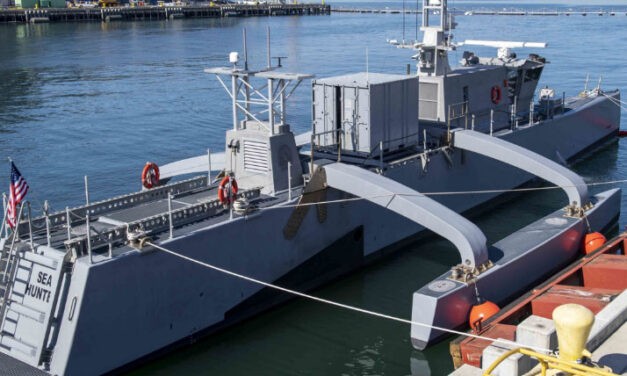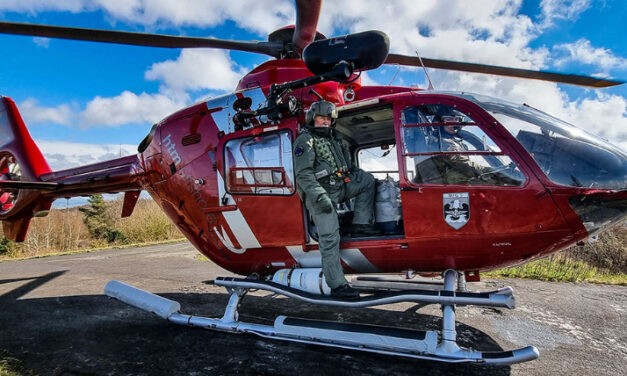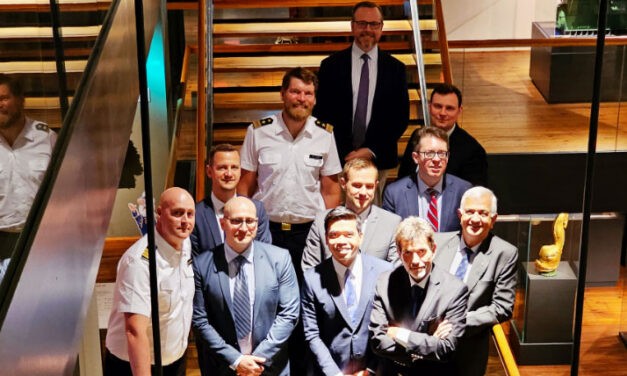Attention, contemporary witnesses!
The Historical-Tactical Conference of the Navy (HiTaTa) includes all kinds of well-practised procedures. These include the fact that the debate after the presentations is opened and determined by the former flag officers seated at the very front of the room. Meanwhile, the majority of the participants who are younger in life and rank seem to follow Bernard Wicki's lesson, according to which, as in the cinema, it may be flickering at the front, but the best seats are at the back. And indeed, many a speaker on the podium will find themselves confronted or even trumped by the memories of contemporary witnesses, especially when these are presented with the verve of a knowledgeable expert and in the style of the highest seniority. A favourite, if...
Weiterlesen






Recent Comments